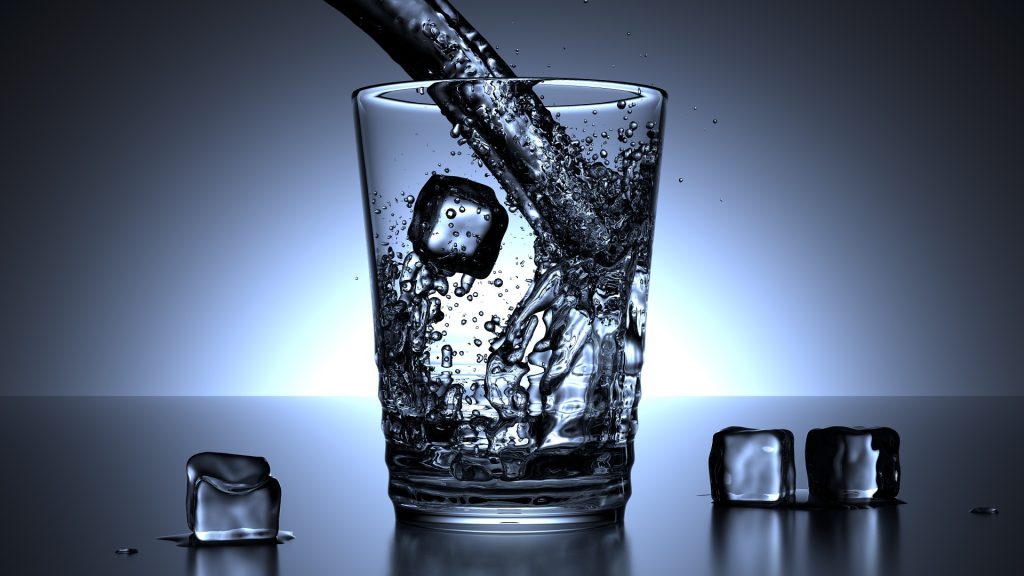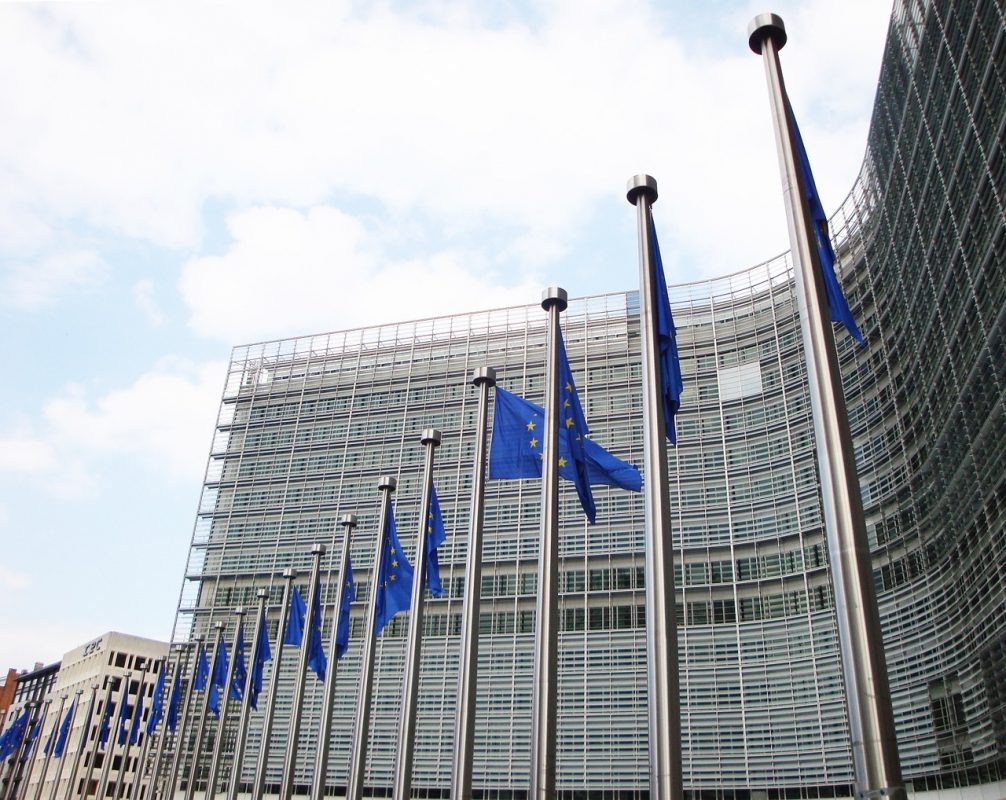Commission outlines plans to improve drinking water across Europe

February 12th, 2018
The European Commission has published its proposals to revise the Drinking Water Directive to increase the quality of drinking water and it`s access to European citizens.
The proposed legislation would require all EU members to enhance water access to all citizens, which the Commission says will benefit vulnerable and marginalised people facing difficulties to access drinking water.
This will be done by building more equipment to expand access to water in public areas, by creating more campaigns to make citizens aware of water quality and by encouraging administrators to grant access to drinking water, the Commission states.
The proposal also looks to guarantee that water suppliers keep consumers informed about water consumption, through an online and user friendly-way, as well as updating them about the price of water.
The Commission believes that by spending less on bottled water, European households will save more than €600 million annually.
The Commission has said that its proposals will also help the EU to lower plastic use by encouraging greater consumption of tap water. According to the Commission, the measures will also help to reduce the health risks of drinking water to less than 1 percent.
The proposal comes in response to the successful Right2Wate European Citizens` Initiative to enhance access to safe drinking water in Europe which received more than 1.5million signatures.
An ECI gives European citizens the right to recommend EU legislation to the Commission. To be successful, an ECI must be backed by one million citizens from at least 7 member states within 12 months of its launch.

Photo: ColiN00B/Pixabay
Water Safety in Ireland
The quality level of drinking water in Ireland is generally high and in conformity with microbiological and chemical standards, demonstrating that most of the water supplies are safe for consumption, according to the EPA’s latest Drinking Water Report.
However, the report shows that more improvements are needed to improve the security of supply and to avoid water restrictions, such as Boil Water Notices.
According to the EPA, supplies serving more than 700,000 people need improvements in water treatment in order to meet public health standards. The report stated that roughly 50 percent of the supplies at risk are based in counties of Donegal, Kerry, and Cork.
While the amount of E. Coli – a bacteria that can cause food poisoning – in public water supplies has lowered, there are still other pollutants that need to be reduced, such as chemical compounds and pesticides.
The EPA report found that the number of supplies with chemical compounds in Ireland is high, and a national approach must be applied to avoid that pesticides get in contact with water sources.
[x_author title=”About the Author”]







